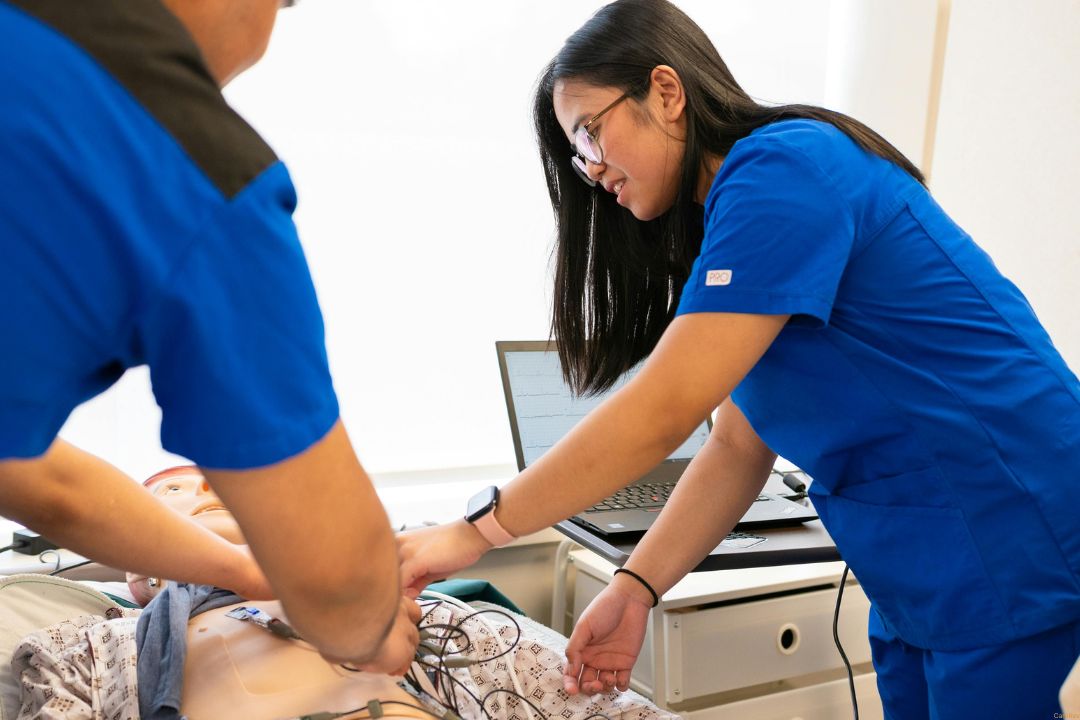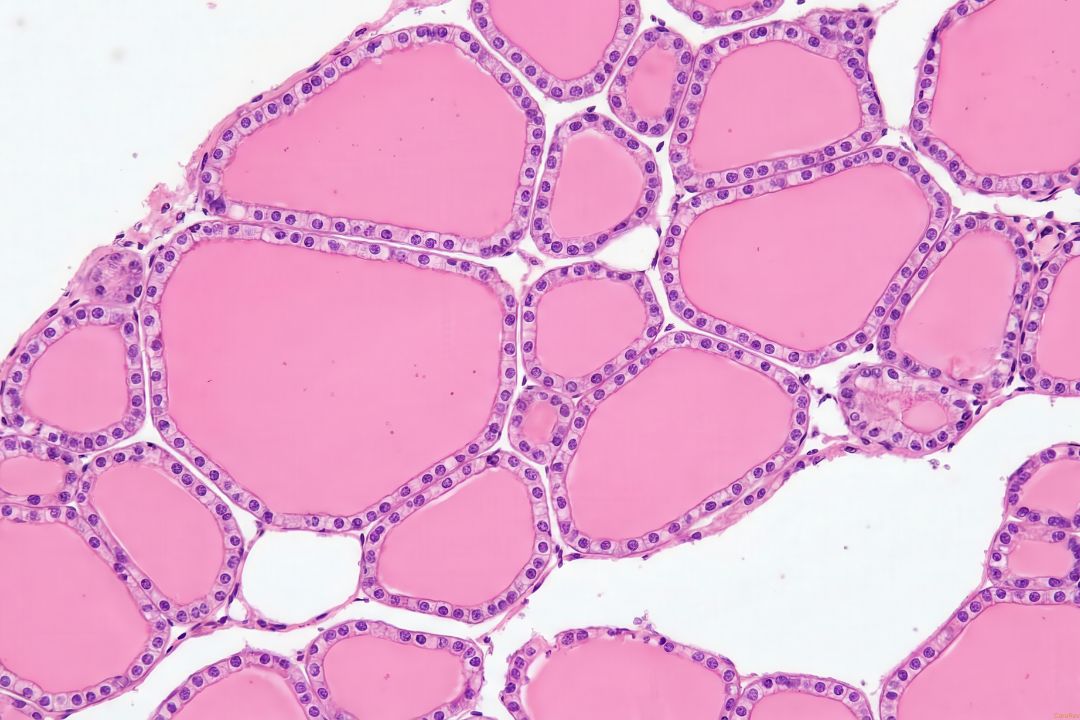
In the realm of healthcare, the smooth transition from surgery to recovery is of paramount importance. Post-Anesthesia Care Unit nurses make this transition possible through their expertise and dedication.
Table of contents:
- What is a PACU nurse?
- The role of a PACU nurse
- How to become a PACU nurse
- Challenges faced in PACU nursing
- Rewards of being a PACU nurse
What is a PACU nurse?
A PACU nurse, also known as a recovery room nurse or post-operative nurse, is a specialized healthcare professional responsible for the care and monitoring of patients after surgery. They work in the Post-Anesthesia Care Unit, an area within the hospital where patients recover from the effects of anesthesia after surgery.
PACU nurses can also work in Ambulatory Surgery Centers (ASCs), standalone healthcare facilities focused on providing same-day outpatient surgical care. In both hospital and ASC settings, these nurses are responsible for monitoring and caring for patients post-operation. We’ll explore the role and responsibilities of a PACU nurse below.
The role of a PACU nurse
- Patient Assessment and Monitoring: One of their primary responsibilities is to closely monitor patients recovering from anesthesia. They check vital signs, breathing, awareness, and pain to find any problems after surgery or bad reactions to anesthesia.
- Pain Management: PACU nurses are proficient in pain management techniques and work diligently to ensure patients' comfort during the recovery process. They administer prescribed pain medications and adjust treatment plans based on individual needs.
- Airway Management: Maintaining a clear and patent airway is vital during the early stages of recovery. PACU nurses are trained to address any airway obstruction promptly and effectively, ensuring adequate oxygenation for patients.
- Post-Operative Care: In addition to airway management, PACU nurses oversee wound care and assess surgical sites for any signs of infection or complications. They follow strict protocols to prevent surgical site infections and promote optimal healing.
- Patient Education: PACU nurses provide patients and their families with essential post-operative care instructions, ensuring they are well-informed about wound care, medication management, and any potential complications to watch out for after discharge.
- Communication and Collaboration: Effective communication is crucial in the PACU setting. Nurses collaborate closely with surgeons, anesthesiologists, and other healthcare team members to ensure continuity of care and facilitate a smooth handover from the operating room.
How to become a PACU nurse
PACU nursing requires specific education and experience, like becoming a licensed registered nurse (RN). Below are some of the requirements to become a PACU nurse.
- Education: Obtain a nursing degree from an accredited institution. This could be an Associate Degree in Nursing (ADN) or a Bachelor of Science in Nursing (BSN).
- Licensure: Pass the NCLEX-RN exam to become a licensed registered nurse (RN) in your state or country.
- Experience: Gain experience by working in critical care, medical-surgical units, or other relevant nursing specialties to build a strong foundation in nursing skills and patient care.
- Certifications: Consider obtaining specialized certifications such as the Certified Post Anesthesia Nurse (CPAN) or Certified Ambulatory Perianesthesia Nurse (CAPA) credentials to showcase your expertise in PACU nursing.
- Continuing Education: Stay updated with the latest developments in perioperative care by attending workshops, conferences, and participating in ongoing education opportunities.
- Special Skills & Considerations: PACU nursing requires numerous soft skills, including collaboration, compassion, adaptability, attention to detail, time management, and more.
Challenges faced in PACU nursing
Working in the PACU can be both rewarding and demanding. Some of the challenges faced by PACU nurses include:
- Time Sensitivity: PACU nurses must have great time management skills since they care for patients in the immediate postoperative period when complications may arise suddenly.
- Managing Patient Anxiety: Patients waking up from anesthesia may experience confusion, disorientation, or anxiety. PACU nurses need to provide emotional support and reassurance to calm patients during this vulnerable phase.
- Multitasking and Prioritization: PACU nurses work in an ever-changing environment. They often care for multiple patients simultaneously, necessitating strong multitasking skills to prioritize care and address urgent needs promptly.
- Dealing with Emergencies: Post-operative complications, though infrequent, can be life-threatening. PACU nurses must be prepared to respond swiftly and decisively in emergency situations.
Rewards of being a PACU nurse
Despite the challenges, being a PACU nurse can be incredibly fulfilling. Some of the rewards include:
- Making a Difference: PACU nurses play a critical role in ensuring patients' smooth recovery after surgery. Being part of this process and witnessing patients regain consciousness and resume their journey toward recovery can be immensely gratifying.
- Lifelong Learning: PACU nursing requires continuous learning and staying updated with advancements in surgical techniques, anesthesia, and post-operative care. This continuous education fosters professional growth and personal development.
- Building Strong Bonds: PACU nurses develop meaningful connections with patients and their families during their vulnerable post-operative period. These bonds often leave a lasting impact on both the nurse and the patient.
- Job Security: Because of the continuous demand for skilled healthcare professionals in surgical settings, PACU nurses enjoy job security and the ability to work across many locations in the United States.
PACU nurses are vital members of the healthcare team, providing essential care and support to patients during the crucial post-operative phase. Their expertise in patient assessment, pain management, and communication ensures a smooth transition from surgery to recovery.
Despite the challenges, the role of a PACU nurse offers immense rewards by making a positive impact on patients' lives and contributing to the successful outcomes of surgical procedures. Their dedication and commitment truly exemplify the essence of nursing care in the critical post-operative setting.
Want to learn about other in-demand healthcare professions? Explore more professions with shifts offered through the CareRev App.





